George Bunn
Guest Reporter

Moldova has voted in favour of joining the European Union by a razor-thin margin, in a referendum that came down to just a few thousand votes.
A knife-edge majority of around 50.31 per cent voted "yes" in Moldova's pivotal referendum on joining the European Union.
Kremlin spokesman Dmitry Peskov said the election was not free and the results showed a "hard-to-explain" increase of votes in favour of President Maia Sandu and the European Union.
At midnight, with more than 90 per cent of votes counted and "Yes" lagging by almost 10 points, pro-Western President Maia Sandu held a press conference in which she blamed the early tally on "foreign forces" using cash and propaganda to influence the result.
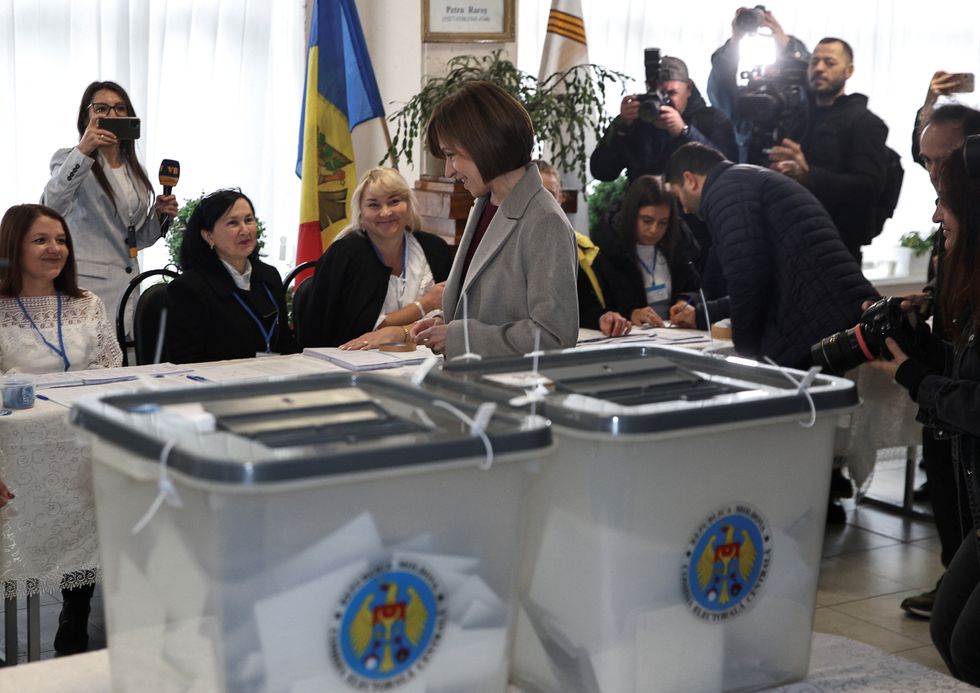
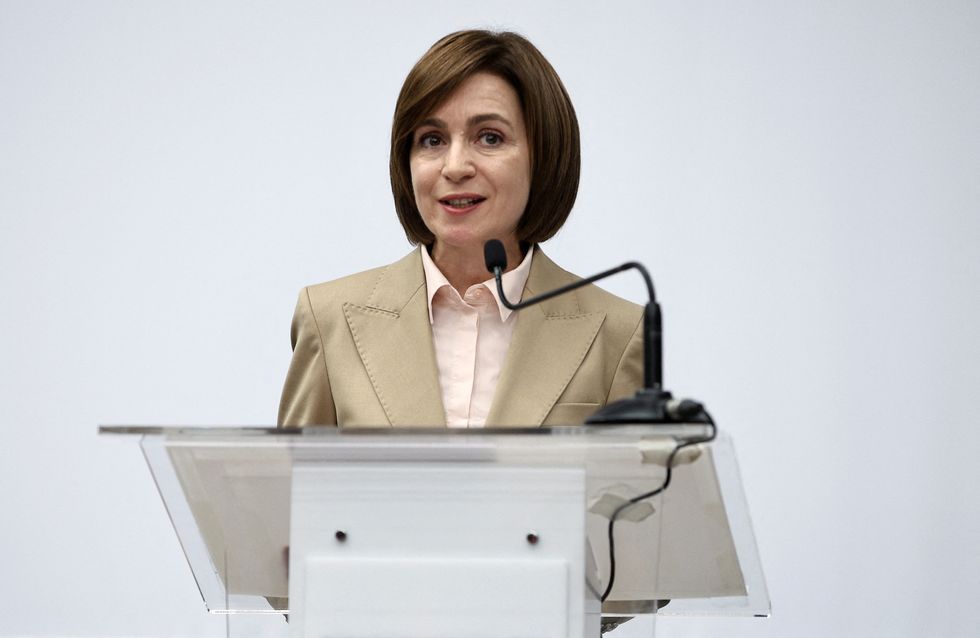
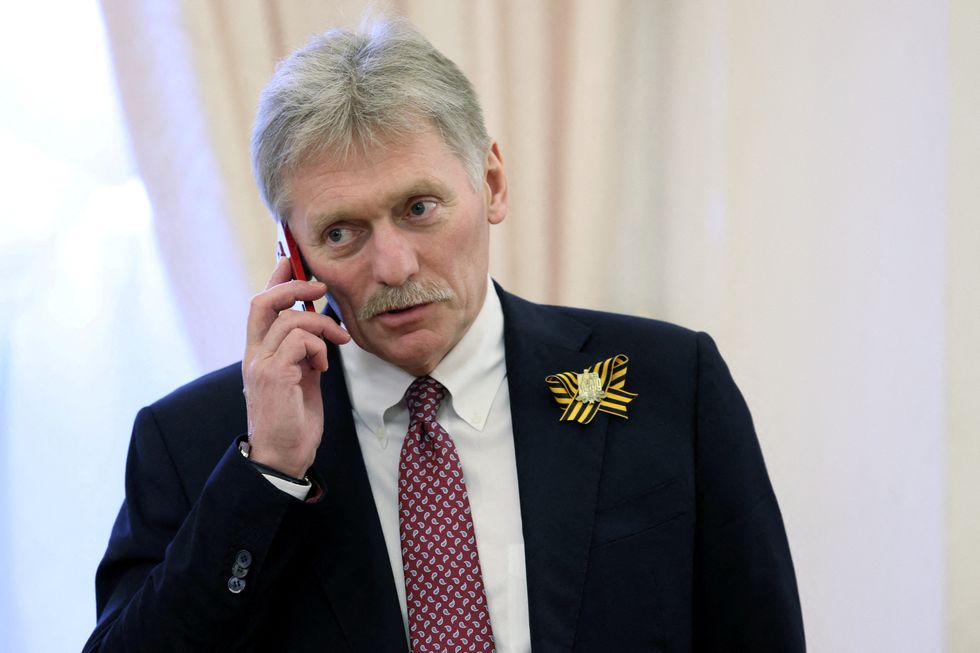
The result means the government can amend the national constitution to enshrine the principle of EU membership, and opens the door to joining the bloc after ongoing talks on accession conclude. Officials are working towards a 2030 deadline to become a member country, and have called on Brussels to commit to the same date.
Romanian MEP Siegfried Mureșan, who chairs the parliament’s liaison committee working on Moldova’s accession to the EU, said the result: "represents a victory for the people of the Republic of Moldova and a defeat for Russia."
He added: "I will ensure that we, as the European Union, respect the will of the Moldovan people expressed in the referendum and provide all the necessary support for the EU accession process."
Sandu addressed Moldovan citizens overnight, saying there was "clear evidence" that criminal groups working together with "foreign forces hostile to our national interests" had sought to buy off 300,000 votes. Peskov said: "If she is saying that she did not receive votes because of certain criminal groups, she must present evidence."
LATEST DEVELOPMENTS:
- Is Keir Starmer's Government about to copy-paste an EU rule on iPhone and Android chargers?
- Europe migration: THREE options EU leaders are discussing today that will send shockwaves to Brussels elites
- First asylum seekers arrive in Albania after controversial migrant deal with Italy
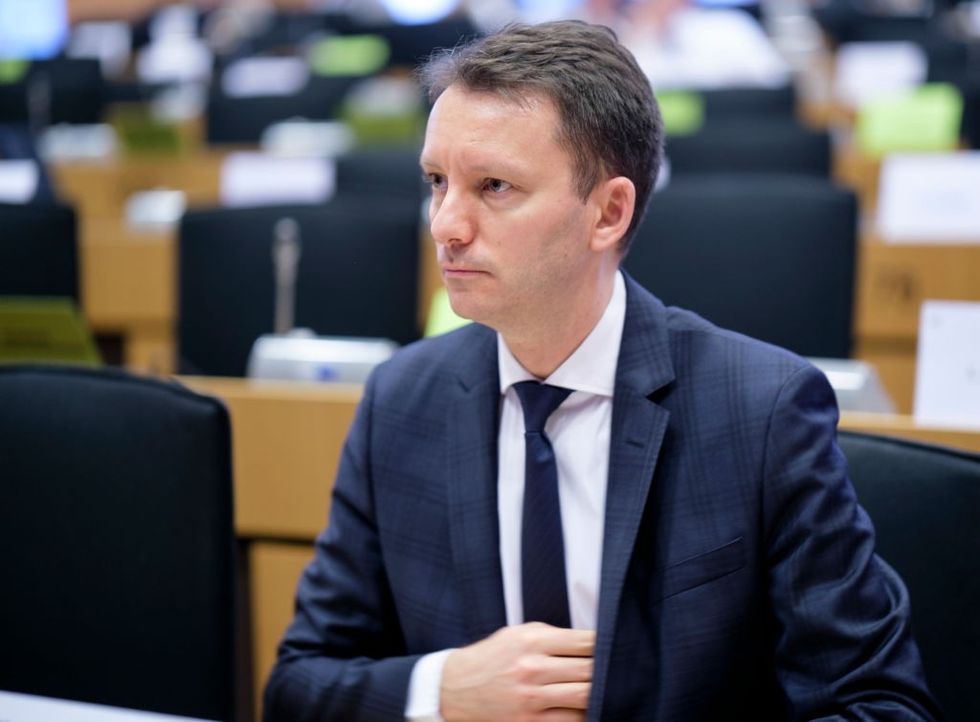
Ahead of the vote, authorities took down online resources they said hosted disinformation, announced they had uncovered a programme in Russia to train Moldovans to stage mass unrest and opened criminal cases against allies of Shor.
As the early results came in late on Sunday, some 57 per cent of Moldovans initially appeared to have voted "no" in the referendum. As more ballots were counted, the "yes" vote gradually rose, overtaking "no" early on Monday morning.
Political analyst Valeriu Pasha said the "yes" vote had edged ahead only because of unusually high voter turnout among the Moldovan diaspora living abroad, who largely support EU integration.
He said: "With such elections, in which dozens of (percentage points) can be bought, it will be very difficult for us going forward. But we must learn lessons and learn to fight this phenomenon."
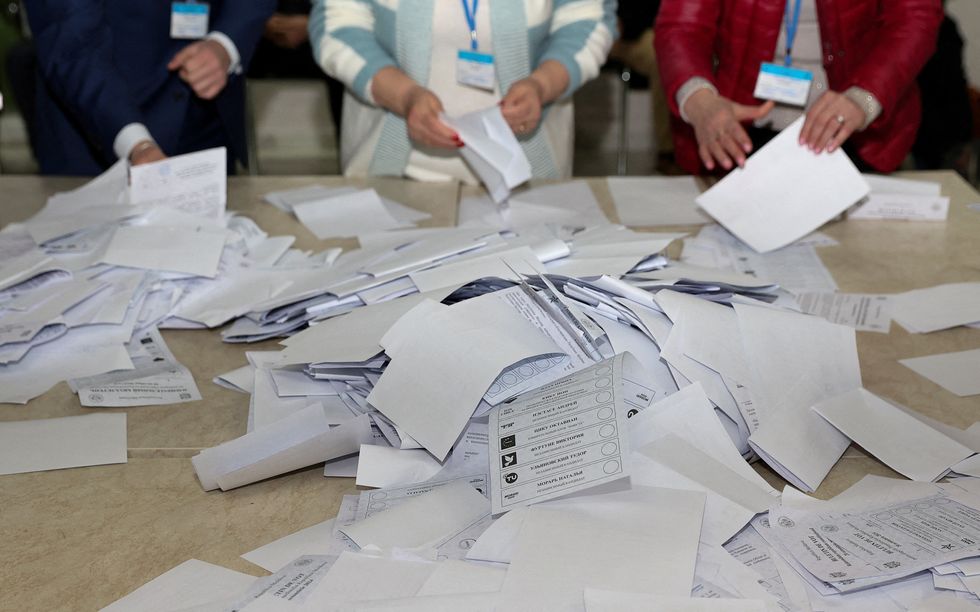
Sandwiched between Romania and Ukraine, Moldova has flipped between pro-Western and pro-Russian courses since the 1991 break-up of the Soviet Union.
Ties with Moscow have deteriorated under President Sandu who has pushed for EU integration.
Her government has condemned Russia's invasion of Ukraine, accused Russia of plotting her overthrow, and diversified energy supply after Russia reduced gas supplies. Meanwhile, the Kremlin has accused Sandu's government of Russophobia.
As the war in Ukraine has raged to the east, turning the political and diplomatic spotlight on Moldova, it has accelerated its push to escape Moscow's orbit and embarked on the long process of EU accession talks.
Find Out More...